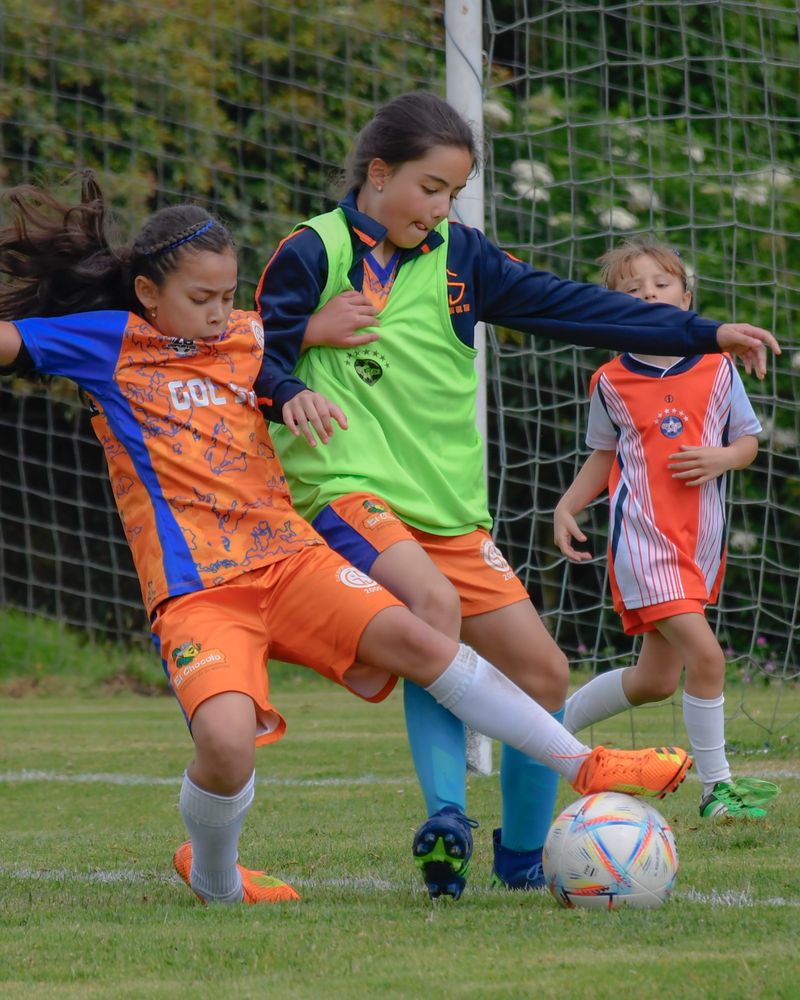Latino Representation in Film: Empowerment and the Need for Authenticity
The Importance of Latino Representation
The issue of representation in film and media has been a longstanding one, and the Latinx community is no exception. For years, this community has been underrepresented on screen, often reduced to stereotypical and one-dimensional roles. However, recent conversations and efforts have shed light on the need for greater Latino representation in the film industry, both for empowerment and the pursuit of authenticity.
The Power of Media Representation
Media, including film, plays a significant role in shaping public perceptions and influencing cultural norms. When particular communities are underrepresented or portrayed inaccurately, it can perpetuate stereotypes and misrepresentations. This lack of representation can have detrimental effects on the self-esteem, sense of belonging, and aspirations of individuals within those communities. In the case of the Latinx community, the limited portrayal in film can contribute to the perpetuation of stereotypes and misconceptions, hindering progress towards equality and social integration.
The Case of Blue Beetle: A Step Towards Empowerment
The recent announcement of a Blue Beetle film, featuring a Latinx superhero, has generated excitement within the Latino community. Blue Beetle, a character from DC Comics, is the alter-ego of Jaime Reyes, a young Mexican-American man. This movie presents an opportunity to showcase a Latinx superhero in a mainstream production, highlighting the diversity and richness of the Latinx experience.
The significance of Blue Beetle lies not only in providing representation for the Latinx community, but also in offering a powerful role model for young Latinx individuals. Seeing a superhero with whom they can identify can instill a sense of empowerment and inspire them to pursue their own dreams. Moreover, it can challenge and redefine traditional narratives, showcasing a Latinx character who breaks free from stereotypes and becomes a symbol of heroism.
Pursuing Authenticity and Avoiding Tokenism
While the announcement of Blue Beetle and other similar projects is a step in the right direction, it is crucial to ensure that the representation in these films goes beyond tokenism and superficial diversity. Authentic representation requires the inclusion of diverse Latinx perspectives behind the camera, such as writers, directors, and producers. It is imperative to listen to the voices of the Latinx community and involve them in the creative process to ensure authenticity, cultural sensitivity, and accurate storytelling.
Advice to the Film Industry
To the film industry, we offer the following advice:
1. Embrace diversity: Actively seek out and produce stories that reflect the diverse experiences of the Latinx community. This includes narratives that address issues affecting Latinx individuals and explore their multifaceted identities.
2. Promote inclusion: Ensure that Latinx filmmakers, writers, and actors have access to opportunities within the industry. By providing a platform for diverse voices, the film industry can foster meaningful and inclusive storytelling.
3. Collaborate with the community: Engage in dialogue with Latinx organizations, activists, and artists to gain a deeper understanding of the community and its needs. Building partnerships can help create authentic and impactful representations on screen.
4. Challenge stereotypes: Break away from one-dimensional and stereotypical portrayals of Latinx characters. Instead, seek to humanize and celebrate the diverse experiences and talents within the community.
5. Educate and create awareness: Use film as a medium for educating audiences about the Latinx community, its contributions, and its struggles. By challenging misconceptions and opening dialogue, films can create a more inclusive and empathetic society.
Conclusion
The importance of Latino representation in film cannot be underestimated. It is a matter of empowering individuals and communities, challenging stereotypes, and promoting a more inclusive society. While progress has been made, there is still much work to be done to ensure authenticity, diversity, and accurate storytelling. By incorporating these principles into their work, the film industry can truly contribute to the positive transformation of cultural narratives and promote understanding and empathy among audiences.

<< photo by Maxim Boldyrev >>
The image is for illustrative purposes only and does not depict the actual situation.
You might want to read !
- “Remembering the Iconic Michael Parkinson: A Legend in the World of Broadcasting”
- The Impact of Remote Learning on A-Level Results Day 2023
- Bradley Cooper’s Prosthetic Nose: Unveiling the Complexities of Cultural Portrayals
- “The Rise of Lauren Hemp: A Hero’s Welcome in North …”
- Bradley Cooper Outshines Jake Gyllenhaal in Bid for Bernstein Role: A Closer Look at Hollywood’s Casting Dynamics
- “Henpocalypse!” – A Riotous Celebration of Hilarity and Horror at the Ultimate Hen Do
- Resurfacing Remarks: Exploring Rachel Zegler’s Disney Princess Controversy
- Rachel Zegler and Snow White: Navigating Controversy and Celebrating Diversity




